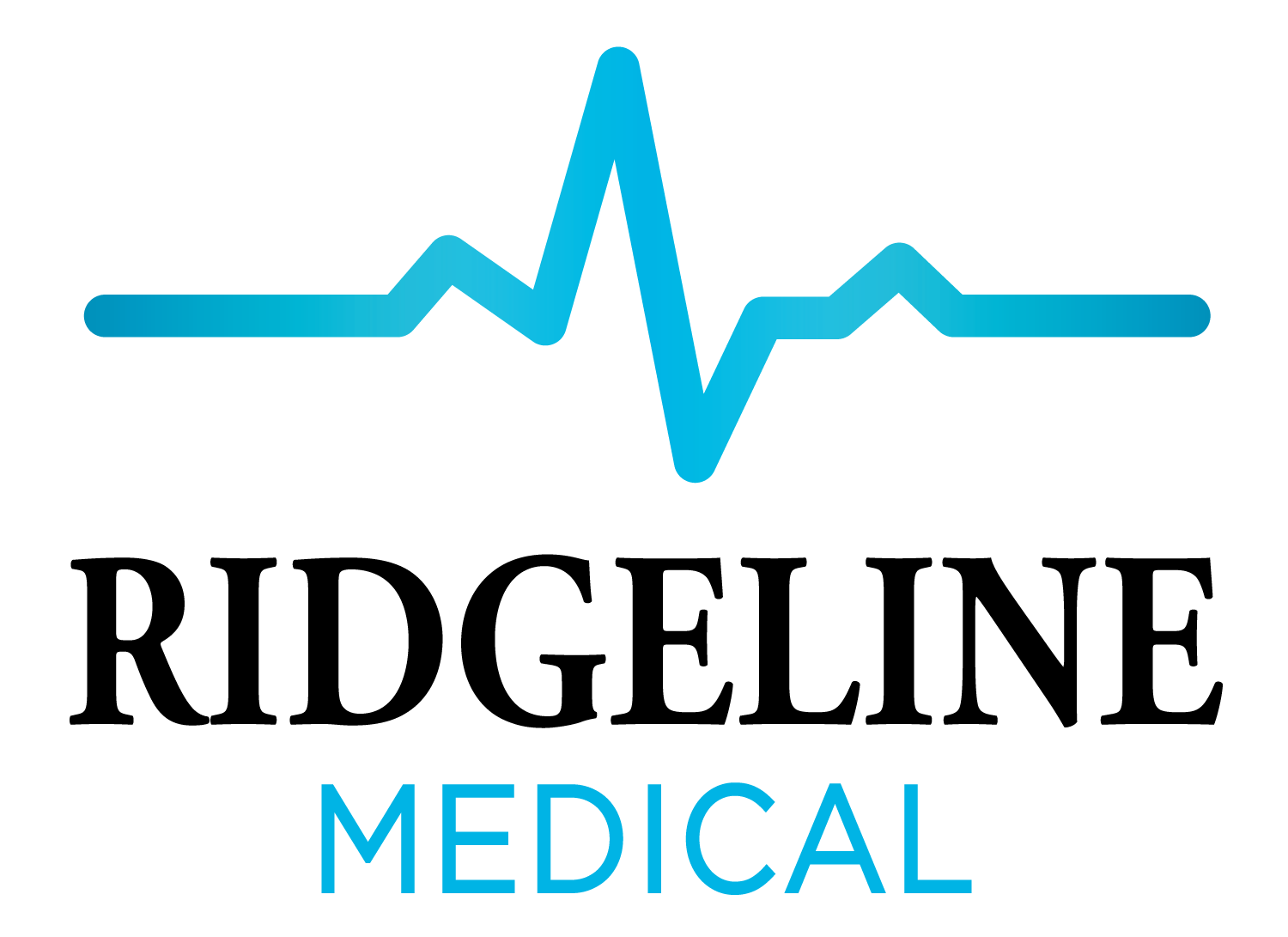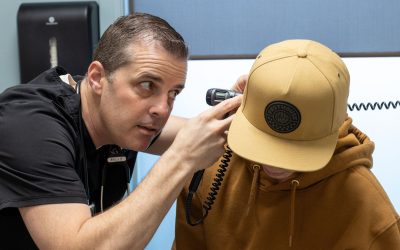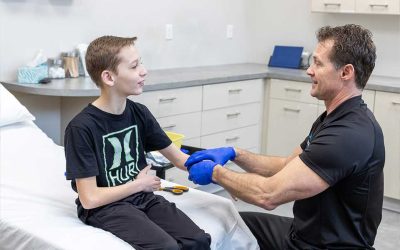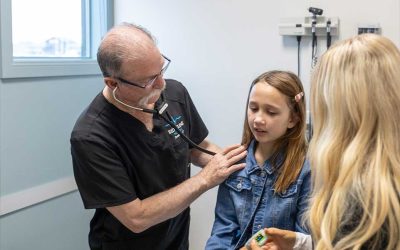Health Travel Safety Tips: Your Guide to Staying Healthy on the Go
Traveling can be exhilarating, whether you’re exploring new cultures or taking a well-deserved vacation. However, it’s essential to prioritize your health while traveling to ensure a smooth and enjoyable experience. At Ridgeline Medical, we understand the importance of staying healthy on the go. That’s why we’ve compiled these essential health travel safety tips to help you make the most of your journey:
1. Consult with Your Healthcare Provider Before Travel:
Before embarking on your trip, schedule a visit with your healthcare provider. Discuss any pre-existing medical conditions, medications you’re taking, and vaccinations recommended for your destination. Your healthcare provider can offer personalized advice to help you stay healthy during your travels.
2. Pack a Travel Health Kit:
Prepare a travel health kit containing essential items such as:
- Prescription medications (enough for the duration of your trip)
- Over-the-counter medications for common ailments like pain, allergies, and motion sickness
- First-aid supplies (bandages, antiseptic wipes, etc.)
- Hand sanitizer and disinfectant wipes
- Sunscreen and insect repellent
Having these items on hand can be invaluable, especially in locations where access to medical supplies may be limited.
3. Stay Hydrated and Eat Well:
Maintaining good hydration and nutrition is crucial while traveling. Drink plenty of water, especially in warm climates or during physical activities. Be cautious of consuming local foods and beverages that may not agree with your digestive system. Opt for freshly prepared foods and bottled water from reputable sources.
4. Protect Yourself from Illness:
Minimize your risk of illness by practicing good hygiene habits:
- Wash your hands frequently with soap and water, especially before eating or touching your face.
- Use hand sanitizer when soap and water are not available.
- Avoid close contact with individuals who are sick.
5. Stay Active and Get Sufficient Rest:
Traveling can disrupt your usual sleep and exercise routine. Make an effort to stay active by walking, hiking, or exploring your destination on foot. Aim for adequate rest to support your immune system and overall well-being.
6. Protect Yourself from Sun and Insects:
Sunburn and insect bites can put a damper on your travel plans. Wear sunscreen with a high SPF, and reapply regularly, especially if swimming or sweating. Use insect repellent containing DEET or picaridin to ward off mosquitoes and other biting insects.
7. Be Prepared for Emergencies:
Research local emergency services and healthcare facilities at your destination. Save emergency contact numbers in your phone and carry a copy of your travel insurance information. Consider enrolling in a travel assistance program for additional support in case of medical emergencies or travel disruptions.
8. Stay Informed about Travel Health Alerts:
Stay updated on travel advisories, health alerts, and vaccination requirements for your destination. Websites like theCDC (Centers for Disease Control and Prevention) and WHO (World Health Organization) provide valuable information to help you make informed travel decisions.
9. Practice Safe Travel Practices:
Practice safe travel practices to protect your health and well-being:
- Use seat belts and helmets when engaging in activities like driving or cycling.
- Avoid risky behaviors such as excessive alcohol consumption and illicit drug use.
- Respect local customs and laws to avoid unnecessary risks or conflicts.
10. Monitor Your Health During and After Travel:
Pay attention to your health during your trip and upon returning home. Seek medical attention if you develop symptoms such as fever, persistent diarrhea, or respiratory problems. Inform your healthcare provider about your recent travel history, especially if visiting areas with known health risks.
FAQs About Travel and Travel Safety
Q: How far in advance should I consult with my healthcare provider before traveling? A: It’s recommended to consult with your healthcare provider at least 4-6 weeks before your departure date. This allows time for any necessary vaccinations or medications to take effect.
Q: What should I do if I get sick while traveling? A: If you experience illness while traveling, seek medical attention from a local healthcare provider. Contact your travel insurance provider if applicable, and inform them of your situation.
Q: Is travel insurance necessary? A: Travel insurance can provide valuable coverage for medical emergencies, trip cancellations, and lost belongings. Consider purchasing travel insurance that meets your specific needs and destination requirements.
Q: How can I stay safe during outdoor activities and excursions? A: Always follow safety guidelines provided by tour operators or guides. Wear appropriate protective gear, such as helmets and life jackets, and be mindful of your surroundings to prevent accidents.
Q: What should I do if there’s a natural disaster or emergency situation at my destination? A: Stay informed about local emergency procedures and follow instructions from local authorities. Contact your embassy or consulate if you need assistance or evacuation.
Healthcare at Ridgeline Medical
At Ridgeline Medical, we are committed to providing exceptional healthcare services tailored to meet the diverse needs of our patients. Ourteam of dedicated healthcare professionals includes experienced physicians, nurses, and support staff who prioritize patient well-being and comfort. We offer a comprehensive range of medical services, including preventive care, chronic disease management, and urgentcare treatments. Whether you’re visiting us for a routine check-up or seeking treatment for a specific health concern, you can expect compassionate care and personalized attention. At Ridgeline Medical, we strive to uphold the highest standards of medical excellence and patient satisfaction, ensuring that each individual receives the quality healthcare they deserve.
By following these health travel safety tips from Ridgeline Medical, you can minimize health risks and maximize enjoyment during your travels. Prioritize your well-being by planning ahead, staying informed, and taking proactive steps to stay healthy on the go. Remember, a healthy traveler is a happy traveler! Safe travels!
Disclaimer: The information provided in this blog is for informational purposes only and should not be considered medical advice. Consult with your healthcare provider for personalized guidance regarding your specific health needs and travel plans.




